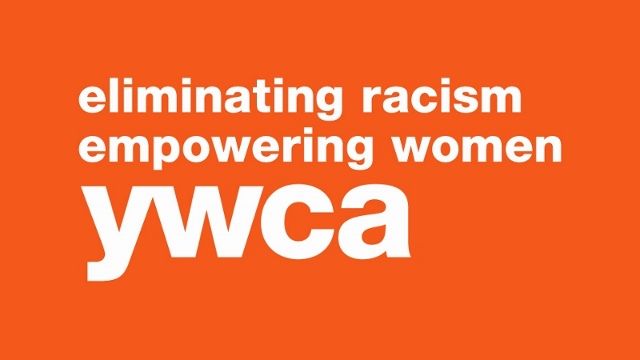DCADV, in collaboration with the Domestic Violence Task Force Housing Subcommittee, Delaware State Housing Authority, and Community Legal Aid Society, Inc., have compiled short videos to discuss different issues related to housing.
Early termination of rental lease
-
(Delaware Code Ann. Title 25, § 5314)
There are times in which survivors need to vacate their rental units to be safe from further abuse. Delaware law has a provision within the Landlord-Tenant Code that allows survivors to terminate leases and move to safety without incurring the full cost of the remaining months of their leases. Some specific timeframes and requirements need to be followed, including a 30-day written notice and verification of the abuse. Details of how to make the request and what counts as verification of abuse are included in this document, as well as sample letters.
Right to Contact the Police
A variety of federal protections are available to assure that victims of domestic and sexual violence have the ability to contact the police to intervene and protect them from further violence. Some towns and cities have Nuisance Ordinances, which require landlords to intervene if tenants have the police responding to their units or face penalties. Local ordinances like these lead to landlords evicting tenants, even if they were the victim of the crime that required police response. Nuisance Ordinances are often intended to deter crime, but in effect create dangerous dilemmas for victims who need protection, but also need to maintain their housing. Civil attorneys are successfully intervening, noting that evictions related to contacting the police are a violation of the First Amendment right to petition the government, the Fair Housing Act, and the Violence Against Women Act.
Tenants’ Rights and Eviction Protection
Within the Landlord-Tenant Code of Delaware, there are numerous laws describing the relationship between landlord and tenant. It is essential that the lease is read in full, understood, and questions are asked for clarity. Both a landlord and tenant have the right to a cause of action when the other party breaches the contract, or violates the Landlord-Tenant code.
-
There are several protections for a tenant that is a survivor of domestic violence, stalking, or sexual assault. Here is a list of commonly asked questions, and explanations of the Code.
-
The Mobile Home Lots and Leases Act provides the rules and regulations for manufactured home communities. This legislation protects the rights of those in a contract for rental of a mobile home in a mobile home park.
Fair Housing Act
-
The Fair Housing Act provides individuals with the right to fair housing regardless of race, color, national origin, religion, sex, disability, or familial status. Within Delaware Code, the state of Delaware provides additional protections for marital status, sexual orientation, gender identity, creed, age, and source of income. These listed categories are referred to as protected classes. In reference to these protected classes, no one may refuse to rent, sell, or refuse to establish a mortgage loan to a protected class.
Housing Protections with Federally-Assisted Housing
-
The Violence Against Women Act (VAWA) provides a wide range of federal protections for victims and survivors of domestic violence, dating violence, sexual assault, and stalking who are applying for or live within housing that is federally funded. These protections cover a variety of programs, including public housing, Section 8, and HUD funded homeless assistance programs.
Key protections include:
• The right to not be denied housing based on being a victim
• The right to not be evicted or loss rental assistance because of victimization
• The requirement for housing programs and landlords to notify tenants of their VAWA rights when they are applying for housing, when admitted as a tenant, and when being threatened with eviction.
• The requirement for housing programs and landlords to maintain confidentiality of survivors/tenants when they document their victim status
• The ability for survivors to request a lease bifurcation, meaning that the person who engaged in the violence can be evicted with a new lease created in the survivor’s name. If the survivor was not the person originally eligible for federally funded housing, they are to be given an opportunity to establish eligibility.
• The ability for survivors to request an emergency transfer in order to be safe. After certifying their victim status, they may be able to move to another unit if one is available.In order to enact VAWA protections, the housing program or landlord may ask for documentation of victimization and needs to give the survivor at least 14 business days to provide it. Documentation can be any of these three options: a HUD self-certification form; a letter signed by a victim service provider, attorney or medical/mental health professional; or a police report, a Protection From Abuse (PFA) Order, or a court record.
Additional Protections
Survivors of domestic violence, sexual assault, and stalking have these additional protections in Delaware:




